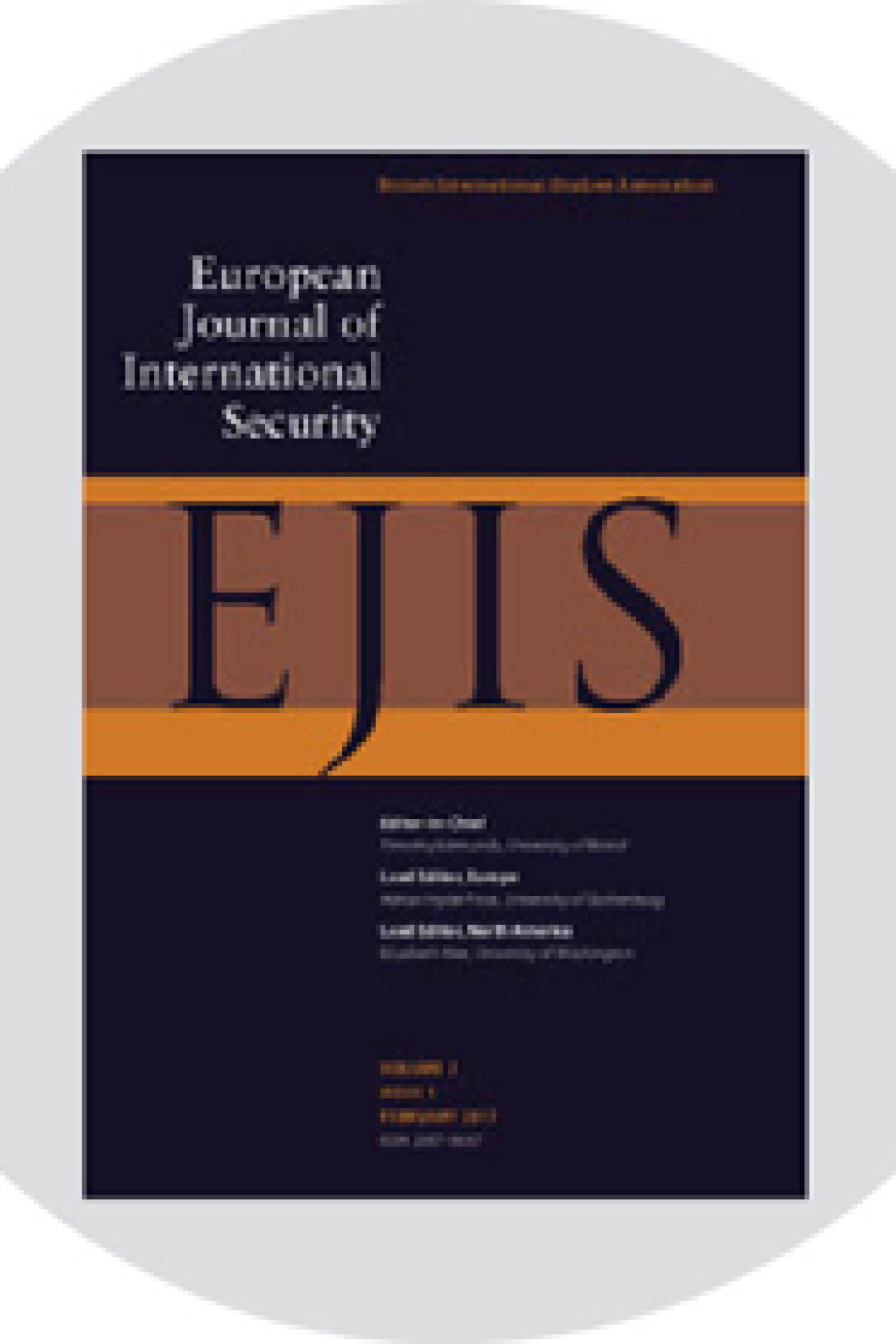New article by John Gledhill explores variation in violent conflict after collapse of state capacity
A new article by John Gledhill, Associate Professor of Global Governance, exploring variation in violent conflict following a collapse in state capacity has been published in the European Journal of International Security.
When state capacity dissolves, we ordinarily assume that violent conflict will break out, and then spiral towards a high degree of intensity. However, this is not always the case. Rather, on occasion, states suffer a sharp and severe loss of capacity, but little or no collective violence follows. And, on other occasions, violent conflict erupts, but that conflict does not escalate into civil war; rather, it plateaus, and then recedes.
The article offers an analytic framework for explaining such variation in the presence, absence, and intensity of violent conflict following a dissolution of state capacity. Gledhill argues that the strength of state and societal organs prior to a loss of state capacity shapes the broad trajectory of violence after such a loss. In making that claim, he associates three state-society dynamics before state dissolution with three levels of violent conflict, post-dissolution.
Drawing on multi-country fieldwork, he illustrates the proposed framework by presenting three diverse cases of dissolving state capacity and conflict: Georgia (1991–3); Albania (1991–2); and Yemen (2011–13).
John Gledhill (2017) 'When state capacity dissolves: Explaining variation in violent conflict and conflict moderation', in European Journal of International Development, DOI: 10.1017/eis.2017.1

